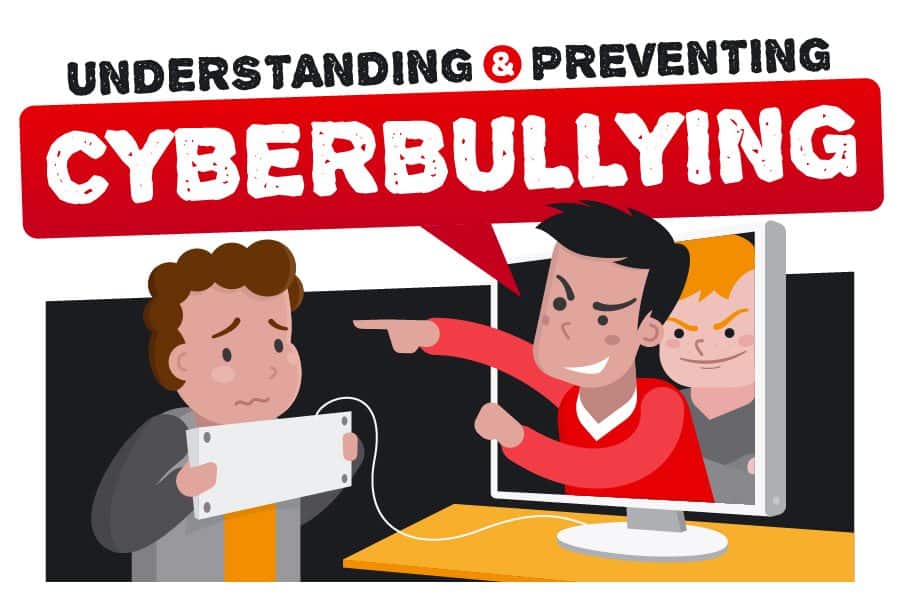Keep some secrets
Be careful who can access contact information or details about your children’s interests, habits, or employment to reduce their exposure to bullies that they do not know. Limiting the information about them online may also limit their risk of becoming victims and may make it easier to identify the bully if they are victimised.
Try descalating the situation
Depending on the circumstances, consider ignoring the issue. Bullies commonly thrive on the reactions of their victims. Responding with hostility often provokes bullies. If you or your child receives unwanted email messages, consider blocking the sender or even changing your email address. The problem may stop. If you continue to get messages at the new account, you may have a compelling case for legal action.
Block and report bullies on social media
If the bullying occurs on social media, block the person on all online platforms and via email. Report the incident to the social media platform.
Document incidents of cyberbullying
Keep a record of any online activity (e.g., emails, web pages, social media posts), including relevant dates and times. Keep both an electronic version and a printed copy of each document.
Report incidents of cyberbullying to the school
If you’ve taken reasonable measures to stop the bully and, despite that, it’s continuing or even escalating, it might be time to report it to the authorities. Reach out to the victim’s school or whoever heads the organisation where the victim interacts with the cyberbullies, which might be a club, sports team, place of worship, or extracurricular group. Nowadays, some schools have online reporting options for cyberbullying where you can make an anonymous complaint. If not, visit the institution or contact the entity’s leadership and have the conversation.
When to call the police
If reaching out to the victim’s school or youth organisation doesn’t help, or if you fear for the victim’s safety, contact the closest police station or the Counter Terrorism and Organised Crime Division’s (CTOC) Communication Forensics and Cybercrime Division (CFCD) of the JCF. The JaCIRT office can also be a good starting point. Note that there is a distinction between free speech and punishable offenses. Law enforcement officials and attorneys can help sort out the legal implications.
How to tell if a cyberbullying incident is a crime
Listen to your gut. If the communications become more frequent, the threats more severe, the methods more dangerous, and if third parties—such as hate groups and sexually deviant groups—become involved, the more likely law enforcement needs to be contacted and a legal process initiated.
Source: Jamaica Cyber Incident Response Team (JaCIRT)






